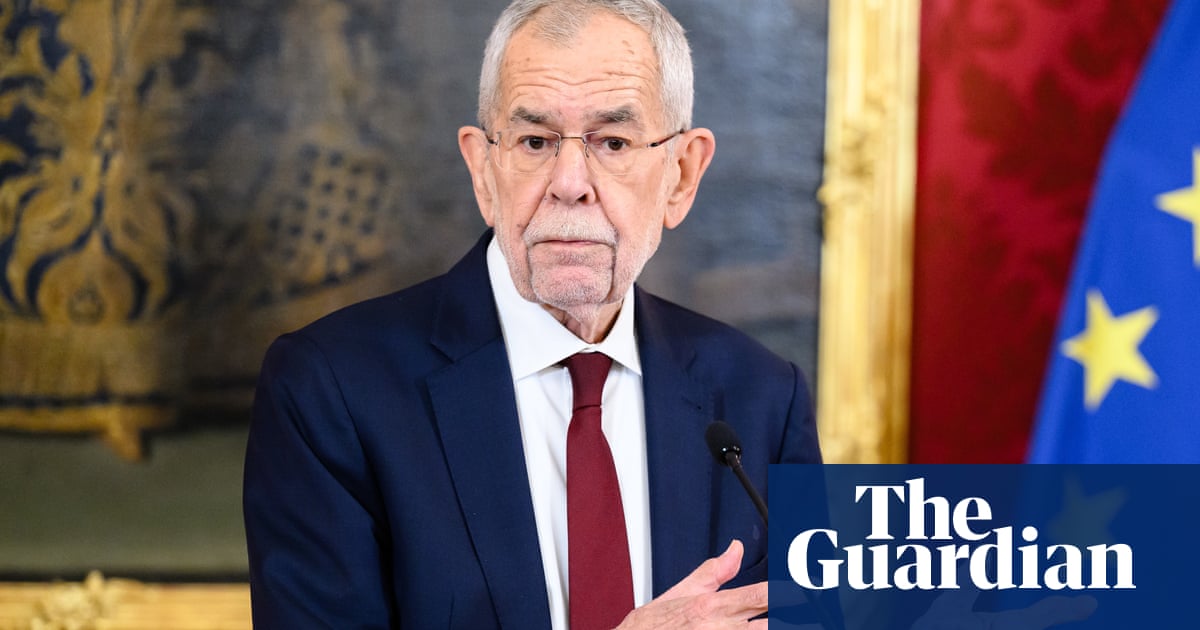In testimony to Congress last year, David McCormick, now the Republican candidate for US Senate in Pennsylvania, said that as CEO of Bridgewater Associates, the largest hedge fund in the world, he “held deep reservations” about “the moral and patriotic hazards of doing business in China”.
As CNN reported, between 2017 and 2021, such qualms did not stop McCormick overseeing an increase in Bridgewater’s Chinese holdings from $1.6m to $1.77bn. Nor, according to Bloomberg, did Bridgewater flinch from significant investments in companies that supply the Chinese military. It has also been reported that McCormick oversaw investment in a Chinese fentanyl producer and, as HuffPost put it, “profited from China trade policies he helped shape” as a deputy national security adviser for international economic affairs under George W Bush.
Denying wrongdoing, McCormick throws claims of hypocrisy back at his opponent, the incumbent Democrat Bob Casey, over his own investment links to companies from China and other countries.
As election day nears, with Senate control up for grabs in such battleground-state races, both parties are seeking to emphasize China’s threat to the US economy and national security. But a review of reporting and documentation reveals many other Republicans taking a tough line on China despite their own business and investment links to Beijing.
In Wisconsin, Eric Hovde, a banker, has said that if he was in the Senate, “I’d be very focused on what China is doing and why we are allowing them to come to our communities and buy up our land, especially around military bases.” He has also accused his opponent, Tammy Baldwin, of failing to address a fentanyl addiction crisis fueled by Chinese imports.
According to the Daily Beast, before entering politics, Hovde’s family tried to launch an investment vehicle in China. A spokesperson for Hovde insisted he was not involved.
In Michigan, the former US House intelligence committee chair Mike Rogers says he was “among the first to sound the alarm on the economic and national security danger posed by China” – while the Detroit News reports that Rogers and his wife “have gained hundreds of thousands of dollars in wealth through companies that have partnered with Chinese firms”. Heartland Signal has highlighted Rogers’ ties with Nokia, a Finnish telecoms firm that “has conducted extensive business deals with Chinese tech companies like Huawei”, which is subject to US sanctions.
Rogers denies wrongdoing – and attacks his opponent for a Senate seat, congresswoman Elissa Slotkin, alleging she signed an NDA concerning a planned electric vehicle battery plant in Big Rapids to be built by a company connected to the Chinese Communist party. Slotkin denies that, and says she “worked to bring manufacturing back to the United States” while Rogers “supported trade deal after trade deal – including Nafta – that helped ship jobs to places like China”.
Meanwhile, Montana is no Rust-belt battleground but it is a rare Republican-dominated state represented by a Democrat in a Senate split 51-49. The Republican candidate, the US Navy Seal turned businessperson Tim Sheehy, has called for the US to “get tough” on China while attacking the incumbent, Jon Tester, as “weak” on the issue.
Last December, HuffPost reported that Sheehy “sold off shares in the Chinese tech giant Tencent, earning between $200 and $1,000 in dividends, according to his Senate campaign financial disclosure”. The same report said Sheehy maintained significant investments with financial institutions with “deep ties to China”.
Sheehy responded by attacking Tester for getting “six times richer as a career politician hobnobbing with lobbyists in Washington for nearly two decades”. Sheehy’s own wealth comes from Bridger Aerospace, a company dedicated to fighting forest fires. Heartland Signal reported that Sheehy “endorsed and attempted to utilize Chinese drones built by a company which was sanctioned by two administrations for leaking American data to the Chinese Communist Party”. Sheehy did not comment.
In Ohio, where the Democrat Sherrod Brown is seeking to keep his seat, China is an issue too, if over thousands rather than millions of dollars. The Republican candidate, auto salesperson Bernie Moreno, has claimed to have refused to sell a Chinese-made SUV. Spectrum News showed that Moreno did sell such vehicles. A spokesperson said Moreno stopped selling them after a local plant closed down.
And in Florida, Democrats dream of defeating Rick Scott, the former healthcare executive and governor who won his seat narrowly in 2018. Earlier this year, Mother Jones reported that though Scott has urged voters to “stop buying [Chinese] stuff[,] stop helping them[,] stop investing in China”, because “you don’t do business with your enemies,” he “has a long record of supporting Chinese investment in the United States and personally making money off Chinese commerce”.
The magazine laid out such links. A Scott spokesperson attacked the outlet and said the senator would be “happy to put his record up against” Democrats “pushing [Joe] Biden’s pro-China agenda”.
The Guardian asked the National Republican Senatorial Committee for comment about Republican candidates voicing bellicose campaign rhetoric about China despite reported ties to Beijing. It did not reply.

.png) 2 months ago
23
2 months ago
23













































